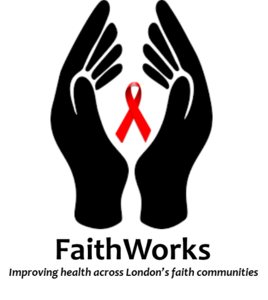Choosing to challenge the harmful ideas around sexual health: Women, HIV in the face of religion
8th of March gives us the opportunity to celebrate International Women's Day. From the faith community, women are reported to have higher religiosity and religious involvement than men. A majority of women engage in religious or spiritual activities such as praying, reading scriptures, attending worship, healing, and counselling support. Historically, religion has played an important role for those living with HIV/AIDS.
Notably, HIV draws women closer to God and religion is associated with disclosure of HIV diagnosis. However, HIV remains a taboo subject in many faith communities . HIV positive women suggest spiritual struggle and stigma from religious leaders, while faith communities to an extent are a significant source of discrimination.
Having grown up in the church, the official HIV prevention messages from most of the religions is abstinence for unmarried persons and mutual monogamy in marriage while condom use is not permitted for some religions. The teaching emphasizes virtue and dignity, whatever the definition of these terms. For me, it meant not getting involved in any sexual behaviours - especially those that potentially exposed me to HIV.
Unfortunately, women are particularly vulnerable because often they lack power in their relationship, face domestic violence, are diagnosed first with HIV in a family during pregnancy, meaning that they are perceived as having brought HIV into the home and may face social isolation, including rejection by faith communities and friends.
It is 2021. We have the New Normal, masks everywhere, the electronic world dominates – Unfortunately, HIV has not changed, it still exists; majorly transmitted through heterosexual intercourse and mother-to-child transmission. Not surprisingly therefore, these routes may not be ungodly at all.
This year on International Women’s Day, let us choose to challenge the harmful ideas around sexual health, let religion spearhead the discourse against HIV and gender-based violence. Let religion empower women living with HIV to live life to the fullest. While the preaching is for healing, let religion encourage biomedical treatment for healing and adherence to ART, increased knowledge of the ‘Undetectable equals Untransmittable’ (U=U) as well as responsible motherhood to reduce mother to child transmission.
I strongly believe religion fundamentally protects public health and has the potential to shape community perceptions and dialogue on HIV-relevant behaviours and can bring about truly impactful change.
“If God doesn’t love me as I am, God doesn’t love me.” Stephen Penrose;
Who Cares About HIV? : Challenging Attitudes and Pastoral Practices that Do More Harm than Good

